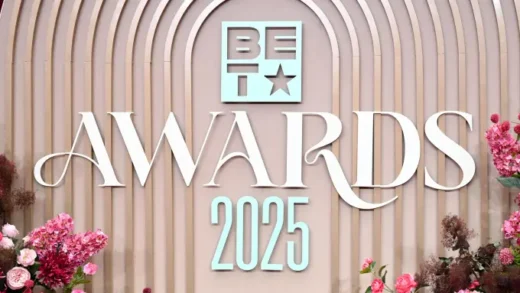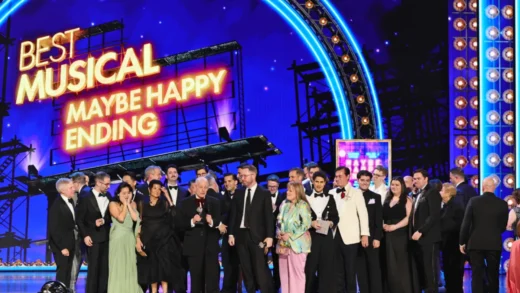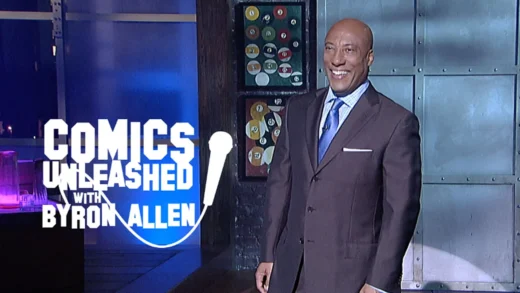A report claims Netflix paid $50 million to Paramount Pictures for the rights to The Cloverfield Paradox, which allowed the online giant to bypass the planned theatrical release of the sci-fi thriller. Netflix shocked the entertainment world Super Bowl Sunday when The Cloverfield Paradox’s teaser trailer was tagged with an unexpected message: The film was going to be available to stream immediately after the big game. In many ways, the introduction of the J.J. Abrams-produced sci-fi thriller made sense, given the secret nature of his first two Cloverfield films.
Set largely aboard an international space station amid an energy crisis on Earth, The Cloverfield Paradox in a Twilight Zone-type fashion examines what happens when two dimensions collide and the repercussions of such an event. Unlike the first Cloverfield film – which was presented in a low-budget, found-footage format – The Cloverfield Paradox has more of a conventional narrative like the Cloverfield follow-up 10 Cloverfield Lane, and like the second film in the series, it has a larger budget than the 2008 original.
With each passing day, more details about The Cloverfield Paradox are emerging. The biggest to date came Tuesday, when sources told THR that Netflix paid Paramount $50 million for the film, with the studio retaining home entertainment distribution rights, as well distribution rights in China. Given the budget for the film was reportedly in the neighborhood of $40 million, it appears that Paramount has already earned a $10 million profit from the deal, and that comes before it makes its moves on home video and China, which traditionally has been the most lucrative overseas market for Hollywood productions. On top of that, since The Cloverfield Paradox was largely shrouded in secrecy, Paramount saved big money by not marketing the film, a highly unusual move since the studio before the groundbreaking transaction slated the film for an April 20 release.
Naturally, it only took a few hours after the debut of the film on Netflix before reviews started to flow in, and for the first 48 hours, the criticism of the film has been pretty harsh. The film to date has earned a dismal 20 percent “rotten” rating on critic aggregation site Rotten Tomatoes, yet with only 64 reviews having been logged as of this writing, that score could change for better or for worse. After the dust settles from the reviews, it will be Netflix’s turn to determine whether the $50 million it paid for The Cloverfield Paradox (if that amount turns out to be accurate) was a risk worth taking.
(Excerpt) Read More in: Screen Rant




